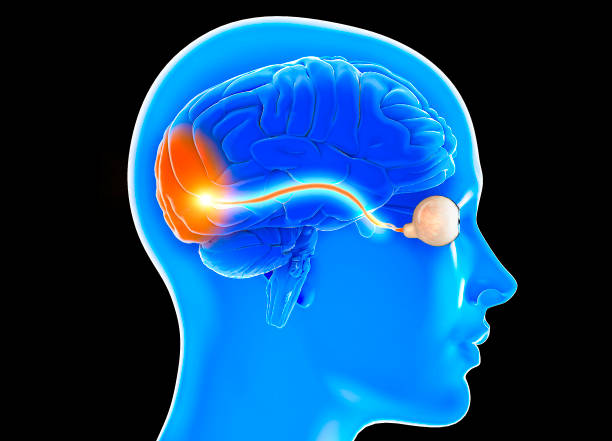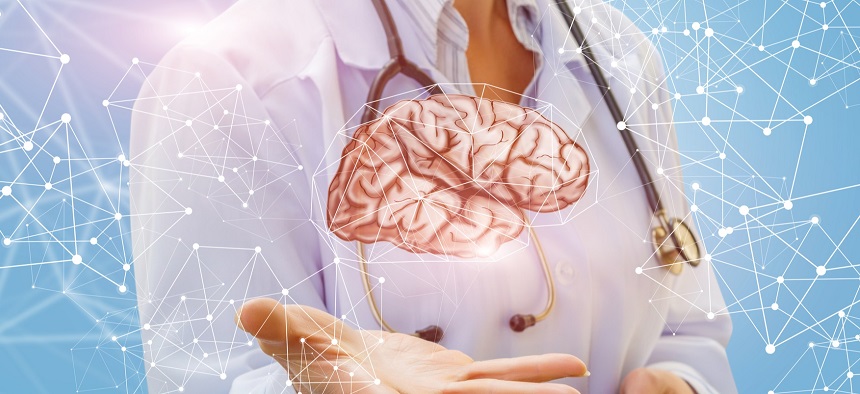Have Any Questions?
+91 77 9849 9977
Visit Us At
103, Shivom Regency, Baner Rd, Pune
+91 77 9849 9977
103, Shivom Regency, Baner Rd, Pune
Neuro Ophthalmology is a specialty that concentrates on the neurological problems related to the eye. Like we all know, the human eye captures the visuals it sees and transmits to the brain to be resolved as images. It is the optic nerve that transmits these visual stimuli and a dysfunction of this entity might cause visual impairment and could even lead to irreparable damage.
Neuro-Ophthalmology is a super specialty that merges the fields of neurology and ophthalmology. Neuro-ophthalmologists are responsible for the diagnosis and management of complex systemic diseases of the nervous system that affect vision, eye movements and alignment, as well as pupillary reflexes.


The typical symptoms that could signify a neuro-ophthalmological problem include:
Your eye doctor will usually suggest you visit an expert in Neuro-Ophthalmology after a comprehensive eye examination, in case you need special care. Often, the symptoms that prompt such a referral include those associated with optic nerve disease or diseases of the visual pathway (the nervous system component that connects the eyes to the brain). Other reasons could be the diseases affecting the pupils of the eye, and certain kinds of squint (especially paralytic).
Before you go to a neuro-ophthalmology appointment, you should make sure that you have:
You’ll likely have your eyes dilated during your visit, so you should have someone come with you who can drive you home.
During your appointment, the neuro-ophthalmologist will do a thorough eye exam, go over your medical history and ask about the symptoms you’re having. The neuro-ophthalmologist may:

Mail Your Resume At : drpriyankaneuro13@gmail.com